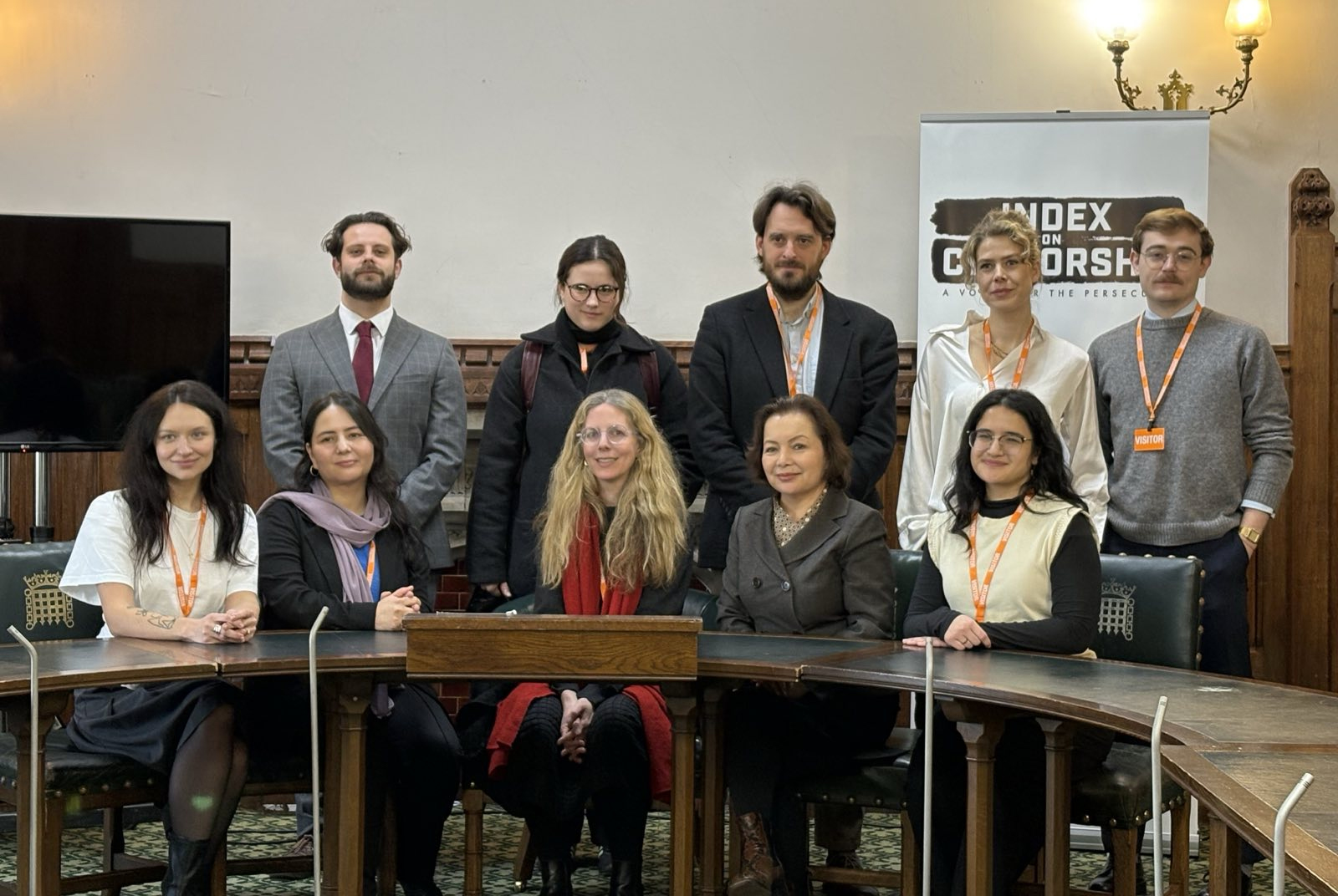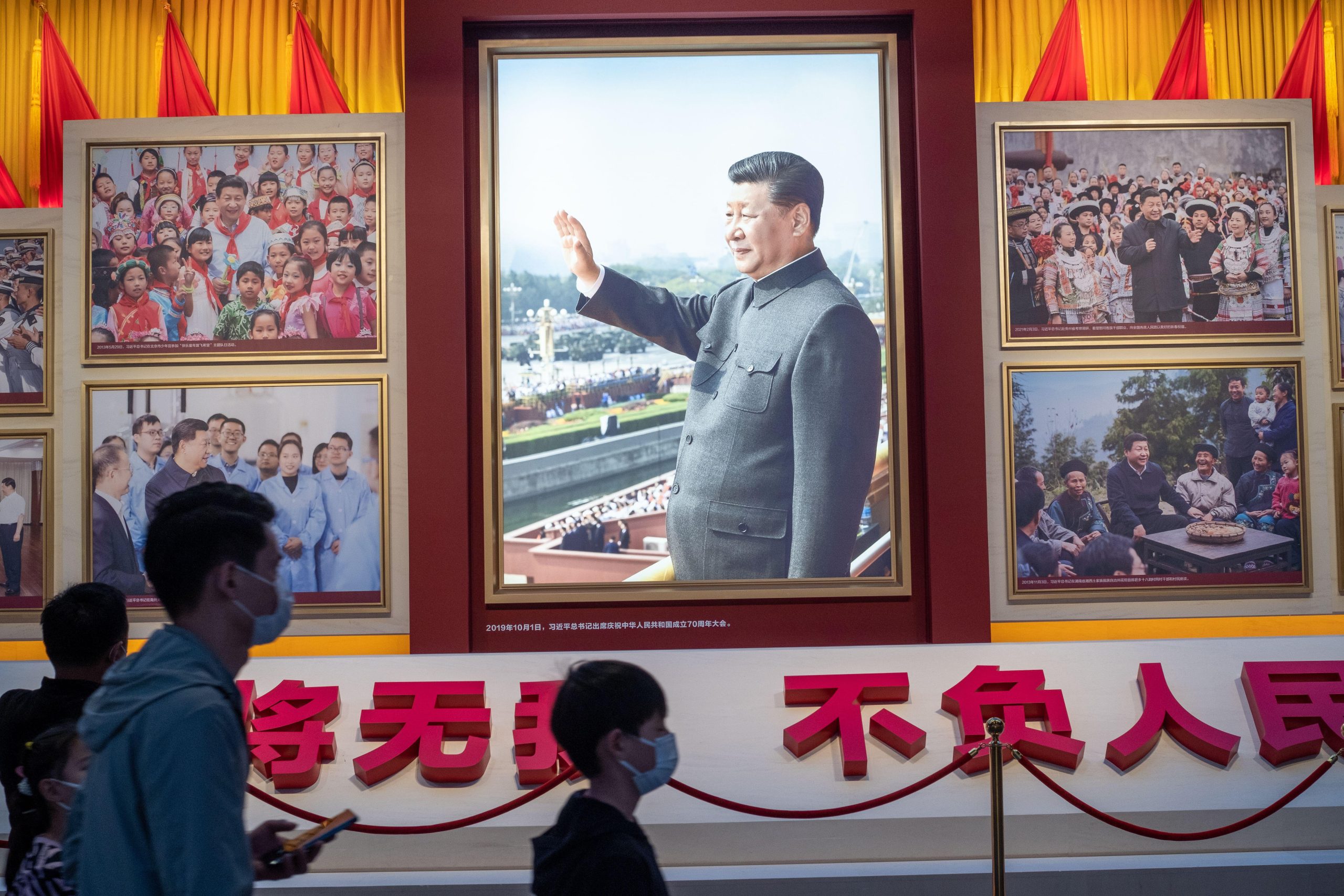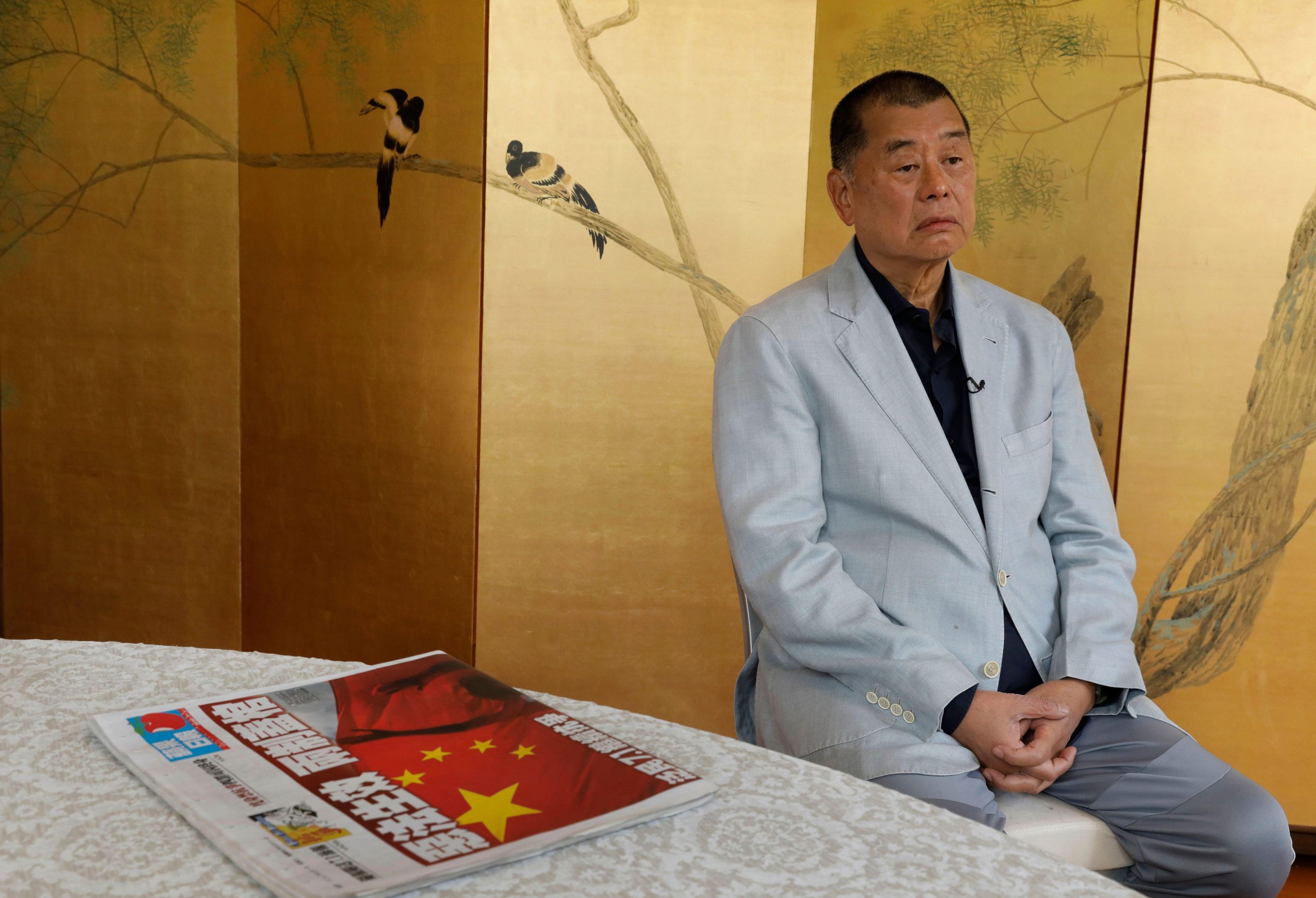For years, the United Kingdom has looked to the United States for moral clarity and strategic leadership in confronting the challenge posed by China’s authoritarian state. Whether it was the decision to ban Huawei from Britain’s 5G networks or to speak out against abuses in Xinjiang and the erosion of freedoms in Hong Kong, British policymakers often found strength in US resolve. Washington’s warnings were heeded, and alignment on values was assumed. That is why it is all the more jarring that a possible threat to Britain’s free press is now emerging, not from Beijing, but from a private equity office in New York.
The deal in question is RedBird Capital Partners’ proposed acquisition of The Daily Telegraph, one of the UK’s oldest, most important and influential newspapers. At face value, this might seem like a typical media buyout. But behind the gloss lies something more serious: a growing fear that this deal could open the door to Chinese influence in Britain’s media ecosystem.
At the heart of these concerns is John Thornton, RedBird’s chairman. Thornton’s connections to the Chinese state are not historical or incidental, but ongoing. He sits on the International Advisory Council of the China Investment Corporation (CIC), the country’s sovereign wealth fund. He has held senior roles at Chinese state-linked institutions. He has chaired the Silk Road Finance Corporation, a Belt and Road Initiative vehicle backed by state-aligned Chinese entities. Most tellingly, he has consistently echoed CCP narratives in public, once praising Xi Jinping as “the right man, at the right place, at the right time,” according to the Wire.
In 2023, Thornton himself related that he had told senior Chinese officials that they were losing the global narrative war because their story was being told by Westerners. He advised them to “get into” English-language media channels to shape international perceptions. He said: “The Chinese story is told by people who are not Chinese… until you start to get into those channels, you’re going to be at a big, big disadvantage.”
Now, under his chairmanship, RedBird is attempting to purchase The Telegraph.
This is where the line between ownership and influence becomes critical. The UK government is proposing to change the law to facilitate the RedBird deal, lifting the ban on foreign government ownership of UK media, and allowing up to 15% instead (coincidentally precisely the percentage needed to facilitate the Telegraph deal). This, argues the UK, will be sufficient to prevent foreign influence. But ownership, especially in an era of sophisticated financial engineering and opaque sovereign investment, tells only part of the story.
Thornton leads a firm with documented co-investments alongside Tencent, a Chinese tech giant designated by the US Department of Defense as a Chinese military company. RedBird has established a regional headquarters in Hong Kong, now subject to China’s national security laws. And Thornton himself maintains overlapping personal, commercial and political links to the CCP ecosystem that make it more than valid to question whether genuine independence would be possible. It’s not for nothing that Thornton received the CCP’s highest honour for foreigners in 2008, or was invited to tour Xinjiang when even the United Nations wasn’t allowed in to investigate atrocity crimes against Uyghurs and other minorities.
Influence can be subtle: a boardroom conversation, a commercial pressure, a well-timed phone call. But in the case of a national newspaper like The Telegraph, even subtle influence can be profoundly distorting. It sets the editorial tone, shapes hiring decisions, filters coverage, inculcates self-censorship and ultimately shifts public debate. The risk is not just theoretical, it is structural.
And yet, instead of confronting the risk, the UK government is falling over itself to facilitate the acquisition. Happily, not everyone is fooled. A major rebellion is brewing in the House of Lords, where, on 22 July, lawmakers in the UK’s appointed House will vote on a fatal motion to block these changes, in what could be one of the most consequential media votes in a generation. I hope they succeed.
Curiously, meanwhile, the British press has largely remained silent. A kind of omertá seems to be prevailing, perhaps for fear of offending potential future owners, or attracted by the possibility of selling 15% of their own business to foreign governments. But silence only compounds the danger. If influence is allowed to masquerade as passive ownership, the integrity of democratic debate really is at risk. Nobody in their right mind believes that news proprietors have no influence over editorial direction.
This isn’t just a British problem. It’s a case study in how soft power and sovereign wealth are used to circumvent democratic safeguards. RedBird has also been at the heart of the effort to acquire Paramount, drawing criticism from the House Committee on the CCP over the involvement of Chinese company TenCent. The fact that these media deals are occurring under the umbrella of a US firm – one led by a man who has publicly supported a more assertive Chinese media presence in the West – should raise serious questions.
Democracies must learn to distinguish ownership from influence, and legislation from reality. The Telegraph may soon become a test of whether we still can.
RedBird and Thornton were approached for comment
Luke de Pulford is creator and executive director of the Inter-Parliamentary Alliance on China





